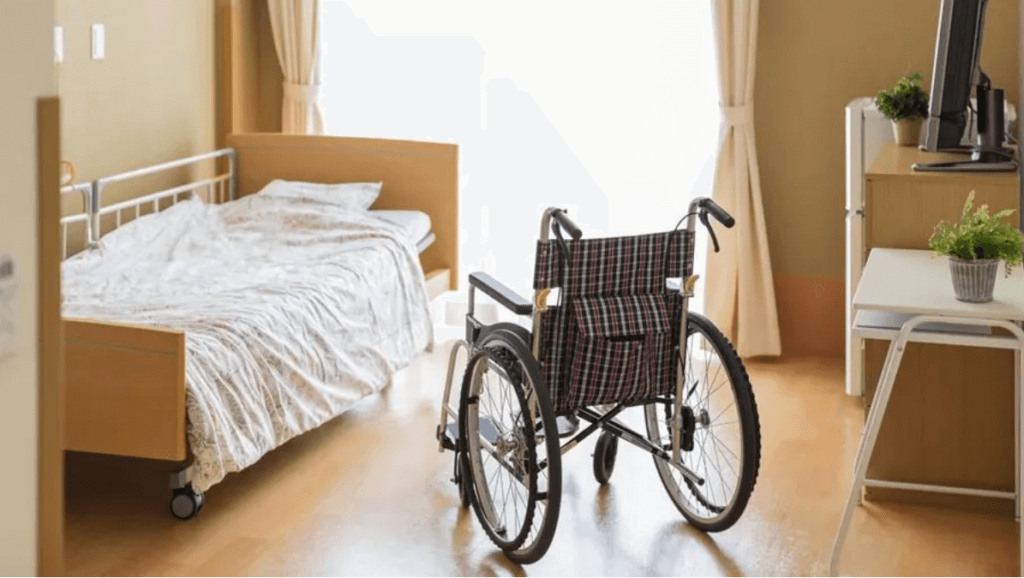Nursing Home Shortcomings Contribute to Unaddressed Infections and Tragic Outcomes

This case centers on the unfortunate experience of an elderly female resident within a nursing home environment. Alongside her existing health concerns like atrial fibrillation, ischemic heart disease, peripheral artery disease, and heart failure, her deteriorating condition saw the emergence of several critical issues. These included an unstable pressure wound on her left gluteal area, aspiration pneumonia, a urinary tract infection, and eventually, gangrene in her foot. Tragically, her life was claimed by osteomyelitis, stemming from the untreated infections, necessitating debridement and amputation. This incident underscores the pressing issues surrounding quality of care and the management of pressure wounds.
Pressure Ulcers and Standard of Care
The prevalence of pressure ulcers in nursing homes remains alarmingly high, propelled by an aging population, fragmented healthcare systems, and an acute shortage of nursing staff. Anticipated to increase, these occurrences paint a grim picture of the challenges ahead. A pervasive belief among nursing experts attributes bedsores to subpar nursing care, rather than inherent diseases. Many professionals contend that pressure ulcer development stems from breakdowns in the healthcare team’s coordination and competence.
The Implications of Advanced Pressure Sores
Stage IV pressure ulcers signify a critical stage where deep tissues, bones, muscles, and tendons are exposed to infectious agents. These ulcers arise from factors such as friction, pressure, and shear, which disrupt blood supply to the skin. Untreated, these wounds lead to tissue death and open the door to severe infections. Left unattended, such ulcers can infiltrate the bones, resulting in major complications like soft tissue infections and acute bone infections known as osteomyelitis.
Aspiration Pneumonia and Urinary Tract Infections
Inadequate chewing or swallowing frequently underlies aspiration pneumonia cases within nursing homes. Failures to conduct feeding assessments or adhere to medical feeding instructions contribute to this condition. Similarly, urinary tract infections (UTIs), pervasive among the elderly, can escalate to sepsis and death if left untreated. Effective nursing homes remain vigilant in detecting signs of UTIs.
Insufficient Care and Key Questions for an Expert Witness
In this specific case, the patient’s condition, encompassing wounds, pneumonia, and infections, had reached advanced stages, pointing to a significant lapse in care below acceptable standards. A thorough investigation into the standard of care and causative factors necessitates expertise in wound care and geriatrics.
1. Frequency of Evaluation and Treatment
A skilled expert in wound care and geriatrics can provide insights into the optimal frequency of patient evaluation and treatment, particularly when dealing with multiple conditions like UTIs, aspiration pneumonia, and pressure-related skin breakdowns within nursing home settings.
2. Impact of Untreated Pressure Ulcers
Understanding the consequences of untreated pressure ulcers on patient outcomes is crucial. The expert witness can shed light on the potential repercussions and the importance of timely intervention.
3. Protocols for Skin Breakdown Evaluation
The expert can elucidate the common protocols used to assess patients with skin breakdown issues in nursing homes, including strategies such as repositioning and attention to nutrition.
4. Mitigating Aspiration Pneumonia
By drawing on their experience, the expert can provide strategies employed by nursing homes to mitigate the risk of aspiration pneumonia, which may encompass dietary adjustments and proper patient positioning during meals.
Expert Witness’s Perspective
Based on my role as a nursing home physician, I regularly encounter patients in similar contexts. Coexisting health conditions like those described in this case are not uncommon. Failure to address pressure ulcers promptly can lead to severe complications, including sepsis and fatal outcomes. Common protocols involve repositioning and appropriate mattresses, coupled with an emphasis on nutrition for optimal healing. Addressing aspiration pneumonia often involves dietary modifications and maintaining an upright posture during meals, sometimes with the involvement of speech therapy consultants.

Contact US Today!
tll@medlegalpro.com
844-633-5345
